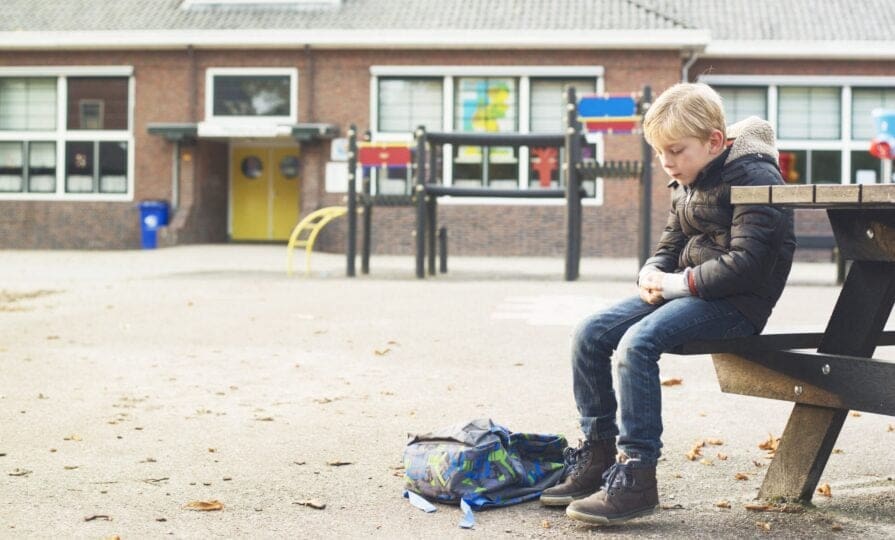Inquiry highlights failures in government’s handling of school closures
Inquiry evidence suggests the UK government ‘lacked full understanding’ of how school closures would affect children living in cramped homes, without digital access or with working parents unable to supervise home learning

Register to get 1 free article
Reveal the article below by registering for our email newsletter.
Want unlimited access? View Plans
Already have an account? Sign in
The UK government failed to carry out detailed assessments of the consequences of closing schools during the first national lockdown, according to the latest volume of the UK Covid-19 Inquiry.
The report notes that no full equality impact assessments were conducted before schools were shut in March 2020 – either by the UK government or by devolved administrations. Inquiry evidence shows ministers did not consider the implications for disadvantaged children, despite existing statutory duties to assess how major decisions affect protected groups.
As the report records, the equality analysis undertaken ahead of the Coronavirus Act was “high level” and did not examine the effects of school closures in detail .
Story Stream: More on Government
- Govt funds research into earlier identification of SEND needs
- Government outlines overhaul of national curriculum
- UK order laid to support new Scottish education reforms
- MPs launch inquiry into early years reforms and sector workforce
- One in four NI parents prefer non-integrated schools, survey finds
The Inquiry also found that key decisions were often made without “clear structures or full Cabinet involvement”. In Scotland, ministers agreed on 17 March 2020 that the case for closing schools required further consideration, but the decision to announce closure was taken informally by the first minister and deputy first minister the following day, outside the agreed Cabinet process.
In Northern Ireland, early discussions became politically charged. The report details how positions shifted rapidly and without formal Executive meetings, contributing to public confusion over whether schools should remain open. Michelle O’Neill acknowledged that calling for immediate closure on 13 March 2020 – a day after saying closures were unnecessary – may have confused families, though she argued the public had already begun keeping children at home .
Inquiry evidence suggests the UK government “lacked full understanding” of how school closures would affect children living in cramped homes, without digital access or with working parents unable to supervise home learning. Senior officials told the Inquiry that such realities were not represented among those drafting policy, and that the impact on women and children was not properly appreciated .
The report concludes that governments across the UK missed opportunities to anticipate and mitigate harms to children. It recommends that future pandemic planning include robust, early assessment of the educational and social impact of closing schools, alongside more consistent communication with children and families.

